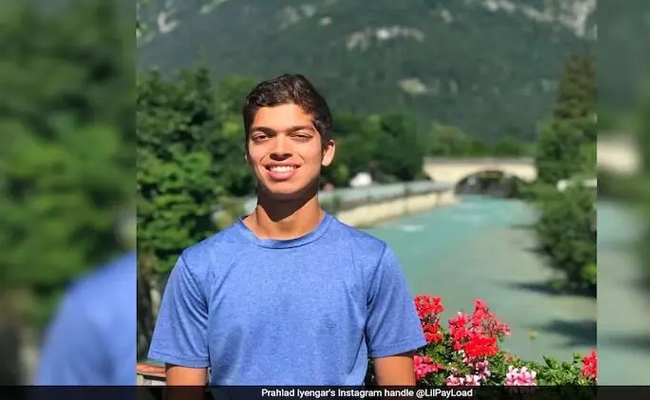

Massachusetts Institute of Technology (MIT) has suspended Prahlad Iyengar, a PhD student in the Department of Electrical Engineering and Computer Science, until January 2026 following the publication of a pro-Palestine essay in a student magazine. This decision effectively terminates his five-year NSF fellowship and bars him from entering the campus.
The essay, titled On Pacifism, was published in the October issue of Written Revolution, a multidisciplinary student magazine. According to an email from MIT Dean of Student Life David Warren Randall to the magazine editors, the article contained imagery and language that “could be interpreted as a call for more violent or destructive forms of protest at MIT.” The email also highlighted the inclusion of images such as the logo of the Popular Front for the Liberation of Palestine, designated as a terrorist organization by the U.S. State Department.
Iyengar, who had previously faced suspension last year for participating in pro-Palestine rallies, criticised the recent action as a violation of free speech. Speaking to WBUR, he stated that the magazine was intended to “explain in our words what we were doing, why we were doing it, and what was happening on campus.”
The MIT Coalition Against Apartheid has condemned the suspension, labelling it a blow to free speech. The coalition described the punishment as tantamount to expulsion due to the disruption of Iyengar’s academic career and the requirement for a re-admission approval by the same disciplinary panel.
In a public petition, the coalition urged the administration to revoke or reduce the sanctions, calling on organisations and institutions to stand against what they termed the repression of student activism. They emphasised that Iyengar is appealing the decision with the Chancellor. Protests have also been launched by the coalition to pressure MIT’s administration to reconsider the disciplinary action.
Let the Truth be known. If you read VB and like VB, please be a VB Supporter and Help us deliver the Truth to one and all.
Driver collected backpacks, jumped out of window after Kurla bus horror

Mumbai (PTI): The CCTV footage of the BEST bus that mowed down seven persons in Mumbai’s Kurla area shows driver Sanjay More collecting two backpacks from the cabin and jumping out of a broken window after the accident.
Four to five video clips with a duration of 50 seconds to over 1 minute went viral on social media on Wednesday.
The visuals show passengers panicking as the electric vehicle (EV) ran amok, hitting vehicles and pedestrians on Monday night on a busy street in Kurla (west).
Some passengers tried to tightly hold on to the poles and grab handles, while others rose from their seats to fathom what was happening on the streets as the bus moved forward.
After the bus swerved to a halt, several passengers jumped out of the shattered windows.
A clip shows Sanjay More coming out of the bus cabin holding two black backpacks, and jumping out of a broken window on the left side of the bus.
The bus conductor got down from the rear side door.
The out-of-control electric bus operated by the civic-run Brihanmumbai Electric Supply and Transport (BEST) undertaking rammed into pedestrians and vehicles at around 9.30 pm on Monday on the SG Barve Marg in Kurla (West).
Besides killing seven persons and injuring 42 others, including four policemen on ‘bandobast’ duty, the accident also wrecked 22 vehicles.
The bus driver has been arrested for culpable homicide not amounting to murder and remanded in police custody till December 21.
According to details that have emerged so far, More had no experience in driving electric vehicles and underwent only a 10-day training for steering EVs.
Top officials of BEST and the Maharashtra State Road Transport Corporation (MSRTC) held meetings on Wednesday with private operators who supply buses to government agencies under the wet lease model and affirmed to focus on driver training and taking extra safety steps.
BEST will also make breath analyser test mandatory for drivers in the wake of the Kurla crash.
At the meetings, the private operators were asked to provide details of training given to drivers, their appointment criteria, training infrastructure and modules, officials said.
Another meeting was held between senior BEST officials and the Maharashtra transport commissioner, who directed BEST to conduct an internal investigation and submit a report, which will be sent to the state government, an official said.
Under the wet lease model, the responsibility of providing drivers and carrying out maintenance of hired buses remains with private contractors. The state-run transport bodies, on their part, pay them a specific amount for the buses.